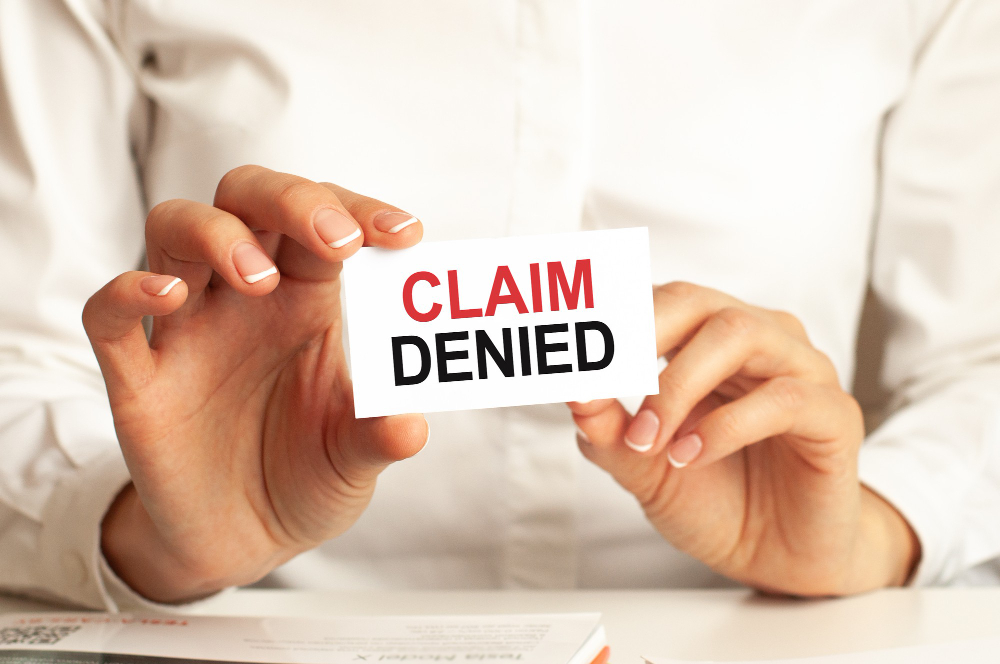Asia’s First Greenwashing Case: Shell Fined $130 Million for Fake Clean Energy Claims
Table of Contents
- Overview of Asia’s First Greenwashing Case Against Shell
- What is Greenwashing? Why This Case Matters
- Breakdown of Shell’s $130 Million Fine and Violations
- Legal and Regulatory Fallout in Asia
- Impact on Corporate Reputation and Consumer Trust
- 5 Essential Strategies to Avoid Greenwashing
- How Documenta.id Helps Companies Stay Compliant
- Final Takeaways for Ethical Corporate Practices
1. Overview of Asia’s First Greenwashing Case Against Shell
In a landmark ruling, Shell became the focal point of Asia’s first major greenwashing case, fined $130 million by Singapore’s Monetary Authority (MAS) for misleading investors and consumers about its clean energy initiatives. The case, finalized in 2023, exposed Shell’s false claims of achieving “net-zero carbon operations” in Asia-Pacific while continuing to invest heavily in fossil fuels.
This verdict sets a precedent for stricter enforcement of environmental accountability in Asia, where greenwashing complaints have surged by 65% since 2021, according to the ASEAN Consumer Protection Committee.
2. What is Greenwashing? Why This Case Matters
Greenwashing refers to deceptive marketing practices where companies exaggerate or falsify their environmental efforts to appear eco-friendly. The Shell case highlights:
- Consumer Deception: Shell marketed liquefied natural gas (LNG) as “carbon-neutral” without verified offsets.
- Investor Misrepresentation: Overstated renewable energy investments in shareholder reports.
- Regulatory Risks: Violated Singapore’s Securities and Futures Act and ASEAN Green Claims Guidelines.
Pro Tip: The International Consumer Protection Enforcement Network (ICPEN) now mandates third-party verification for all sustainability claims.
3. Breakdown of Shell’s $130 Million Fine and Violations
The MAS investigation revealed systematic greenwashing tactics:
- False Carbon Credits: Shell claimed LNG shipments were offset by reforestation projects that didn’t exist.
- Misleading Advertising: Ran campaigns like “Cleaner Energy for Asia” while fossil fuel projects comprised 85% of regional investments.
- Data Manipulation: Inflated renewable energy capacity figures by including non-operational projects.
Penalties Imposed:
- $130 million fine (largest in Asia for greenwashing).
- Mandatory retraction of all misleading advertisements.
- Independent audit of future sustainability reports.
4. Legal and Regulatory Fallout in Asia
The Shell case has triggered stricter regulations across Asia:
- Singapore: MAS now requires ESG disclosures to align with Global Reporting Initiative (GRI) standards.
- Indonesia: OJK Regulation No. 60/2023 bans vague terms like “eco-friendly” without certification.
- Japan: Financial Services Agency (FSA) mandates carbon footprint audits for listed companies.
Corporate Impact: Non-compliance risks fines up to 10% of annual revenue and blacklisting from green financing programs.
5. Impact on Corporate Reputation and Consumer Trust
Shell’s greenwashing scandal eroded stakeholder confidence:
- Stock Drop: Shares fell 7% post-verdict.
- Consumer Backlash: #BoycottShell trended on social media, with a 40% drop in Southeast Asian LNG sales.
- Investor Withdrawals: Major ESG funds like BlackRock divested $500 million from Shell.
Lesson: Authentic sustainability drives long-term brand loyalty.
6. 5 Essential Strategies to Avoid Greenwashing
Strategy 1: Verify Claims with Third-Party Audits
Use certifications like ISO 14024 or partnerships with NGOs like WWF to validate eco-claims.
Strategy 2: Transparent Reporting
Publish detailed ESG reports aligned with GRI or SASB standards.
Strategy 3: Avoid Vague Terminology
Replace terms like “green” with measurable metrics (e.g., “50% carbon reduction by 2030”).
Strategy 4: Educate Stakeholders
Train employees and suppliers on ethical marketing practices.
Strategy 5: Leverage Technology
Use blockchain to trace supply chains and AI to detect discrepancies in sustainability data.
7. How Documenta.id Helps Companies Stay Compliant
Avoid Shell’s mistakes with Documenta.id’s tailored solutions:
- Compliance Audits: Identify gaps in ESG reporting and marketing claims.
- Third-Party Certification: Partner with accredited bodies to verify sustainability initiatives.
- Legal Advisory: Navigate ASEAN and global green regulations confidently.
👉 Ensure Ethical Compliance—Partner with Documenta.id Today
8. Final Takeaways for Ethical Corporate Practices
- Greenwashing isn’t just unethical—it’s expensive.
- Regulatory scrutiny in Asia will intensify post-Shell case.
- Transparency and accountability are non-negotiable for modern businesses.
Need Expert Guidance?
📞 Call +62 851-8322-7997 or 📧 halo@documenta.id for a free compliance review.
Still confused about Legality?
Click the tombol on the right to Ask the Documenta Team











